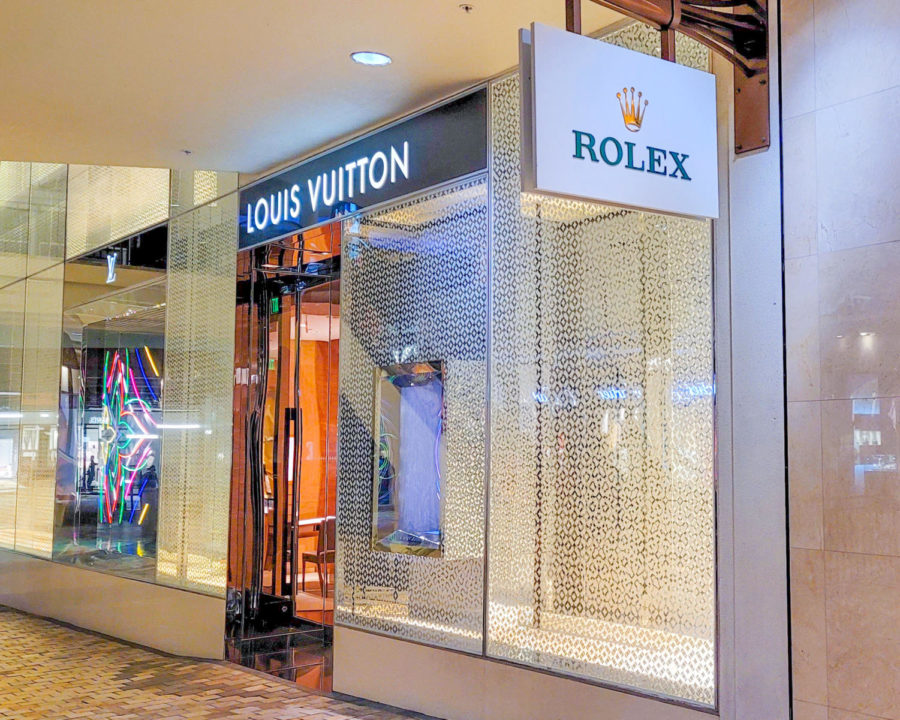Opinion: Privilege Is More Than Money
Growing up, I presumed that my privilege was significantly higher than my peers. However, my idea of privilege was challenged when I went to college.
After attending Chaminade’s Social Justice Walk and Talk and seeing that I was the least privileged among the students present, my entire perception was questioned. Coming from a town where most of its residents lived in poverty to a school where children of millionaires attend showed the varying levels of privilege.
Most of my friends in my hometown were either homeless or in abusive households. I was considered the lucky one with a healthy family dynamic and a house to come home to after school.
Since I had a stable home and resources, I realized I could use my privilege to help others. In high school, some of my classmates stayed at my house for refuge, and would come over to take showers and brush their teeth because they didn’t have access to water. My friends, teachers, and I would gather food, clothes, water bottles, and groceries to help students who opened up about their struggles. Coming from difficult living situations was commonly recognized and for many, school was a safe haven from life at home. Because of this, students treated each other with respect and helped each other even if they didn’t know the person.
In mid-November, Chaminade hosted its first Social Justice Walk and Talk, founded by the Marianist Leadership Center and Campus Ministry. The main message of this event was to teach students how to use their privilege for good; it was a message that I supported, and I was eager to participate.
One of the activities at the event was an assessment of personal privilege. For this exercise, the more than two dozen participants lined up in a row and listened to the host, Joseph Granado, read statements about privilege. We were instructed to take a step forward or backward if the statement applied to us. “Take one step forward if you never have to worry about when you will have your next meal.” “Take one step backward if you have ever been discriminated against for something that you could not change about yourself.”
To respect each other’s privacy, we had to look down at our feet so that we could not see which statements others were responding to.
At the end of the activity, we were able to look around to see where we stood compared to our peers. I assumed I would be standing near the middle of the group because I grew up with so much that others didn’t have, but when I opened my eyes and looked around, I saw that I was alone at the back, which indicated that I was at the bottom end of the privilege scale.
This shocked me.
I knew my family was not rich, but we were always fortunate compared to others. My family has been helping those in the community for generations, even when they had little resources themselves. Coming from a fortunate family in my hometown, it never crossed my mind that I would be at the bottom.
At that moment, a memory flooded back from my freshman year of college when I overheard a student complaining about having a $15,000 Rolex because he wanted a $35,000 one. At the time, I figured it was just an extreme situation and that his wealth was an outlier of the campus community. Then I recalled recent conversations I had with other students who were shocked to find out how much student loan debt I had and couldn’t fathom why my parents weren’t covering it. It dawned on me that I wasn’t as privileged as I thought.
However, I realized that when I talked about the close bond between my high school classmates and hometown neighbors with students at Chaminade, they often said “I wish I lived there.” These students came from families with abundant wealth, but they admired the sense of community in my small town more than their multimillion-dollar homes and rich neighborhoods. Despite their wealth, their community was cold and friendships were based on their family’s affluence.
Although I was considered the least privileged at the end of the Walk and Talk, I don’t feel that way at all. I own who I am, and growing up with everyone else in my community, I learned to not look down on others who have less, but lift them up instead. And I felt that same support from my peers at Chaminade’s Social Justice Walk and Talk. This exercise was incredibly important to recognize my privilege and the privilege of those around me. I recommend all students to assess their privilege and use it to help others.
